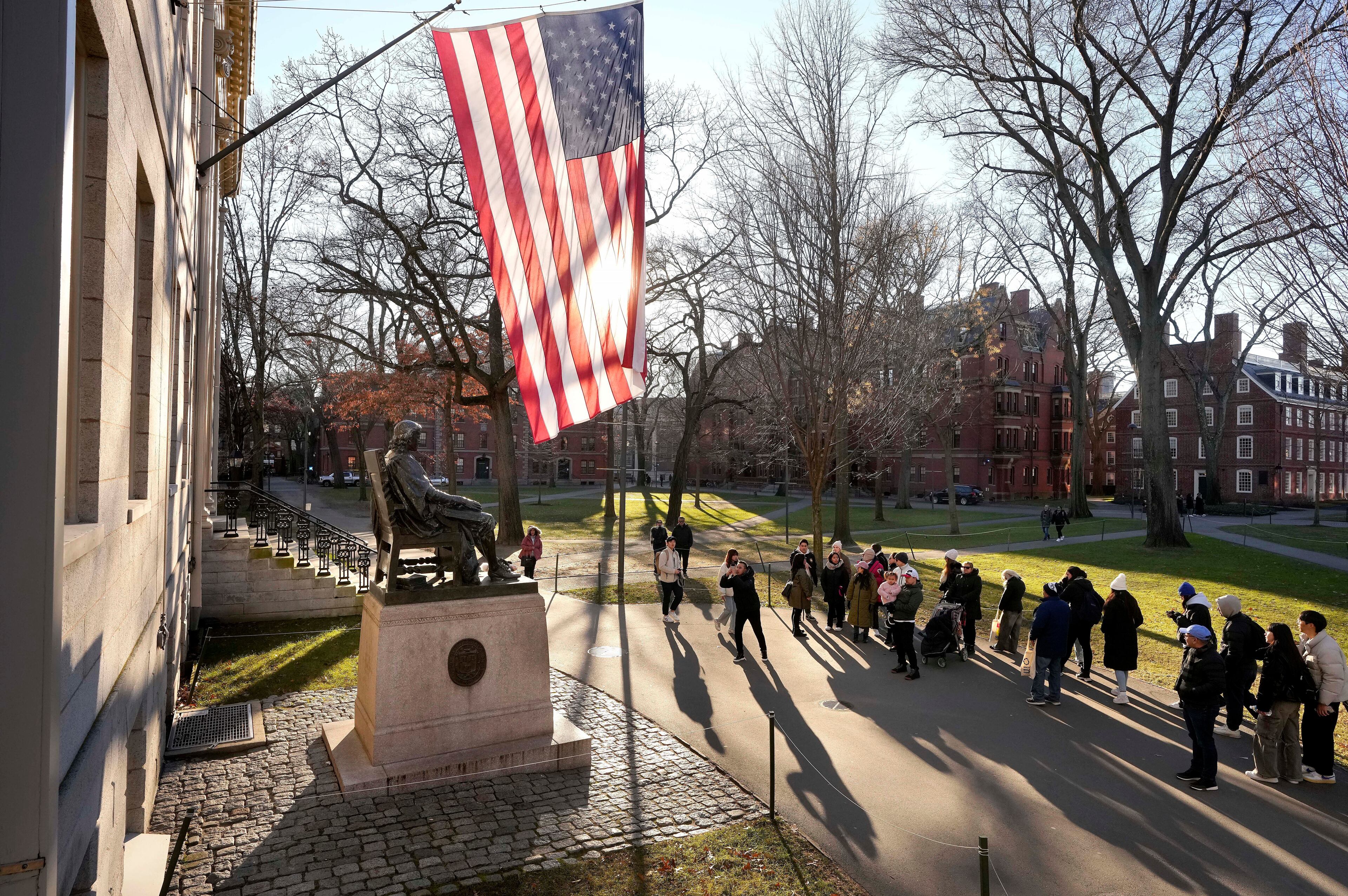White House restores HBCU scholarships after pressure from Ossoff, lawmakers

Following condemnation from elected officials and the public, President Donald Trump’s administration on Tuesday reopened the application process for a federal scholarship program supporting agricultural students at historically Black universities, including one in Georgia.
After news of the program’s suspension became public late last week, U.S. Sen. Jon Ossoff, D-Ga., on Monday called on the White House to reinstate its funding.
Calling the 1890 Scholars Program a “lifeline” for Georgia’s HBCU students, Ossoff said in a statement that its suspension, “is wrong and hurts our state.”
“I urge the Trump Administration to immediately reinstate this funding to ensure that Georgia HBCU students receive the support Congress directed to them,” Ossoff said.
The U.S. Department of Agriculture announced the following day that the application process for the program had been reopened, with eligible students able to apply through March 15.
Established in 1992, the program is a partnership between the USDA and 19 historically Black land-grant universities, including Fort Valley State University. The Peach County school is home to about 2,900 students, some of whom had been able to take advantage of the scholarship program that provides full tuition, fees, books, room and board. Fort Valley’s in-state tuition this year is about $5,000 and its housing rates range from roughly $5,600 to $8,000.

Originally designed to increase the number of students from rural and underserved communities studying food, agriculture or natural resource sciences, the program was “suspended pending further review,” according to the USDA website. The suspension made it among the most recent federal programs to experience a funding freeze since Trump took office last month.
The USDA website has since been updated, with the suspension notice replaced by a message that the application period has been reopened. According to the agency, none of the more than 300 scholars currently enrolled in the national program were impacted by the review that concluded late Monday afternoon.
“The application process was temporarily suspended pending review to ensure that the program, its mission and its metrics ensure the most efficient use of taxpayer resources,” the USDA said in a Tuesday statement.
Ossoff said on Tuesday that the Trump administration “should never have paused this funding in the first place.”
It’s unclear how many FVSU students use the program as neither Fort Valley State nor the University System of Georgia responded to a request for comment by Monday. But the USDA awarded 94 of the scholarships nationally in fiscal year 2024. And according to a 2024 edition of AGcomplish, a magazine published by the FVSU’s agricultural college, “there are 12 scholars at FVSU being sponsored by five USDA agencies and nine states.”
FVSU was promoting the program as recently as Feb. 12 in a Facebook post.
“To be clear, every scholar — over 300 — regardless of matriculation date, was retained to finish their studies and complete their work with the Department,” a USDA spokesperson said in a Friday statement, adding that the suspension was meant to ensure efficient use of taxpayer resources, optimize operations and strengthen the USDA’s “ability to serve farmers, ranchers, and the agriculture community.”
Nonetheless, Ossoff urged the Trump administration to reverse the decision.
“This program has been a lifeline for HBCU students in Georgia, providing learning opportunities at Fort Valley State University and empowering young Georgians who are excited and committed to contribute to our agricultural industry’s growth and innovation,” said Ossoff. The senator said in a statement Tuesday he will continue “oversight to ensure that Georgia HBCU students receive the support Congress directed to them.”
Another Georgia Democrat, U.S. Rep. David Scott, recently introduced a bill to permanently extend federal scholarship funding for students pursuing undergraduate and graduate degrees in food and agriculture fields at 1890s colleges and universities. The legislation proposes providing $25 million annually for the scholarship.
“The food and agriculture sector has a significant impact on everyday life for millions of Americans, and maintaining a strong agriculture workforce is critical in protecting our food supply,” Scott, a graduate of Florida A&M University, one of the 19 HBCUs on the list, said in a statement.



